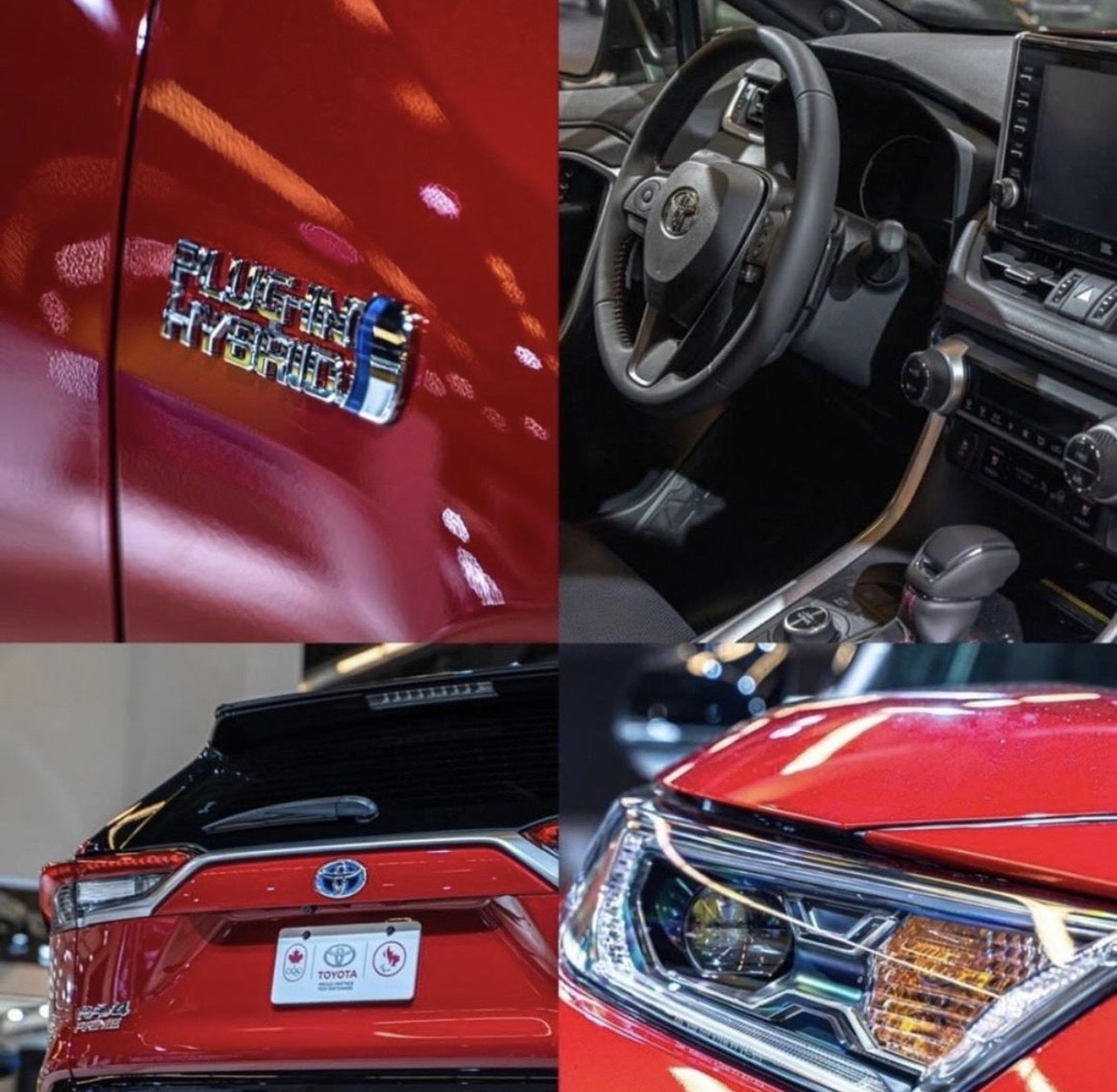
More and more people in Brockville are looking for alternatives to standard internal combustion engines (ICEs). We've seen a lot more interest in electric cars, as well as hybrid cars - and Toyota makes both!
One of the biggest concerns people often have is whether an electric car will be able to support their needs, while relying entirely on battery power. It's worth noting that electric cars typically have very good ranges these days, but still, many people cannot precisely predict how much driving they'll need to do in a given day. For these people, we recommend hybrid models such as the ever-popular RAV4.
So, for this guide, we wanted to talk about hybrid cars: How they work, and their advantages and disadvantages compared to all-electric vehicles.
Simply put, a hybrid car is one which includes both a standard gasoline engine, as well as electric motors. Depending on the configuration, it might rely on one type of power over the other or use both in parallel. The basic concept is that a hybrid is more eco-friendly than ICEs, but without the limitations some see in all-electric vehicles.
There are four different main classifications of hybrid cars:
Micro hybrids are essentially standard internal-combustion cars, but with robust and advanced energy-saving features that funnel excess energy into a battery. This reduces the impact of your car's electronics on gas milage, but the savings are fairly minimal. Some argue that micro hybrids should not be considered hybrids at all.
Mild hybrids incorporate electrical motors into their design, but the electric motors never take full control of the vehicle. Primary power always comes from the gasoline engine, with the electric motors kicking in when extra power is needed. They typically consume between 10-20% less fuel than standard ICE designs.
Full hybrids have full-featured gasoline and electric motor systems, with each capable of powering the car. They may be set up to favor either type of motor as the 'default' style of drive, with the other working in parallel or as a backup. Some even give the driver the option to manually switch between driving modes. These offer the best fuel savings, typically using at least 20% less gas than traditional ICEs.
Plug-in hybrids are basically electric vehicles that also include a gasoline engine, but only as a backup power system. These are charged overnight, just like regular electric cars, and preferentially run on the electric motor. However, if you deplete the battery - or forget to charge it - the gas engine can still be used. These offer tremendous fuel savings as well as freedom from drained batteries, but the tradeoff is they tend to be expensive compared to all-electric vehicles, since they have an entirely redundant power system.
Probably the single biggest benefit of hybrid cars is their versatility. By combining both types of drive systems, a driver has little fear of running out of power on the road, and will always have options to keep themselves running. This could be particularly important in areas where charging stations are still rare, and gas may be the only fuel available.
Hybrids also offer significantly better fuel efficiency than standard ICE vehicles, although the exact savings will depend on the type of hybrid you buy, as well as your own driving habits. As a byproduct of this, they also typically produce fewer harmful emissions than traditional gasoline engines as well.
Plus, hybrids can offer genuinely excellent acceleration, and power in adverse conditions such as climbing steep hills. Their ability to use both motor types in unison gives them more overall power than vehicles which run exclusively on gasoline or electricity.
While there are never any true disadvantages of driving a Toyota, one potential drawback to hybrid cars in general can be their cost. Since they include two different drive systems, as well as hardware for switching between those systems, their engineering is extremely complicated. You'll pay for the versatility that hybrids offer. The good news is that Toyota offers amazing leasing and financing options, as well prices that can fit any budget!
By comparison, electric vehicles are much simpler. Breakdowns are less common, and cost less to fix.
In addition, most hybrids are substantially heavier than the alternatives, since they have both a gas engine and a large heavy battery. While rare, this can even create situations where they offer worse milage than standard ICEs, if the driver is relying on gas power. Many hybrids also have reduced cargo capacity than alternatives, because the battery often ends up utilizing storage space in the rear.
Finally, while the reduced emissions and fuel use of a hybrid are substantially lower than a regular ICE, you're still burning gasoline and creating dangerous fumes. Electric cars are far friendlier to the environment than hybrids. T
In short: If you want a highly flexible vehicle with long range and extra power for acceleration and hills, while still saving some money on gas, a hybrid car might be the right choice for you.
On the other hand, if your primary concern is eliminating gasoline use, and you won't drive more than 150-200 miles in a single trip, an electric car would most likely be the better option.
If you're still trying to decide, 1000 Islands Toyota is here to help! We offer both electric and hybrid Toyota vehicles, and we're always happy to let you take multiple models out for test drives. This is especially important for this discussion, since hybrids and electric cars drive very differently, so you want to try before you buy to ensure you enjoy your driving experience.
Contact us to arrange some test drives, or just come visit our Brockville lot to learn more!